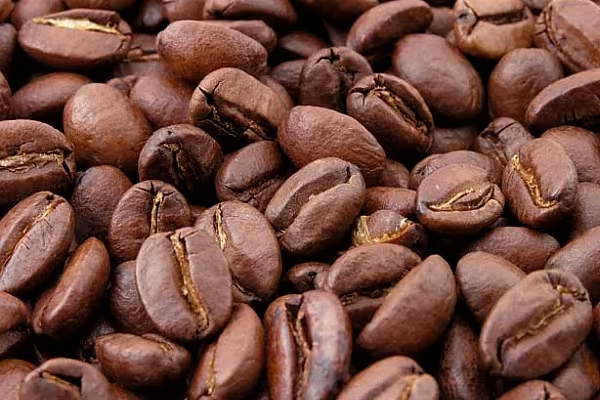The International Coffee Organisation (ICO) has acknowledged Central American farmers' "immense challenges" as coronavirus batters the global market and said it could help push the private sector to more sustainable practices, despite criticism of its record.
The comments by Jose Sette, head of the London-based ICO, follow Guatemala's announcement that it was leaving the global trade group, which the government said was not forceful enough in its advocacy for fairer prices.
In an interview, Sette said he shared the growing concerns of Latin American producers over the slump in prices.
"We are very sad about this news. We have seen members leave and come back in the past, and our door is always open for Guatemala," he said.
Central America and Mexico produce about a fifth of global arabica supplies. Prices for specialty and commodity-grade beans, however, have tumbled as many coffee shops in developed countries remain closed due to coronavirus restrictions adopted by governments.
'Immense Challenges'
"I understand the frustration of farmers in the region. They are facing immense challenges right now, but we have to recognise there are no simple solutions," he said.
While the ICO once administered an export quota scheme, Sette noted, it gave that up decades ago and no longer has any direct say over supplies, trade deals or prices. In its place, the free market rules.
But Sette argued that the ICO brings together both coffee-producing nations and bulk private sector buyers in a bid to promote better prices for farmers.
In neighbouring Honduras, Central America's biggest coffee producer, criticism of the international body has also grown.
"In this price crisis that has hit us so deeply over several years, the ICO has been blind, deaf and dumb," said Dagoberto Suazo, a member of the board of Honduran national coffee institute IHCAFE.
Options
The Honduran government is actively considering either exiting the ICO or reworking its relationship with the body, Honduras' top coffee official Omar Funez told Reuters.
Sette, a former leader of Brazil's coffee industry, argued that ICO provides a "unique forum" to promote transparency in purchases made by large coffee roasters as a means of promoting sustainable coffee, as well as nudging consumers to support a healthy industry with their purchases.
Sette said a new international coffee agreement, replacing one set to expire in February, is under discussion and would better integrate governments with the private sector.
"What we want to do is to try to create the conditions where the two sides meet and work together to find ways to improve the livelihood of farmers," he said.
Sette added that he did see a risk of some farmers in Central America, as well as Colombian and Peru, abandoning farms to try their luck migrating to the United States if the current market slump persists.
Colombia's main coffee federation as well as the agriculture ministry did not comment on whether South America's top arabica producer is considering withdrawal from the ICO.














